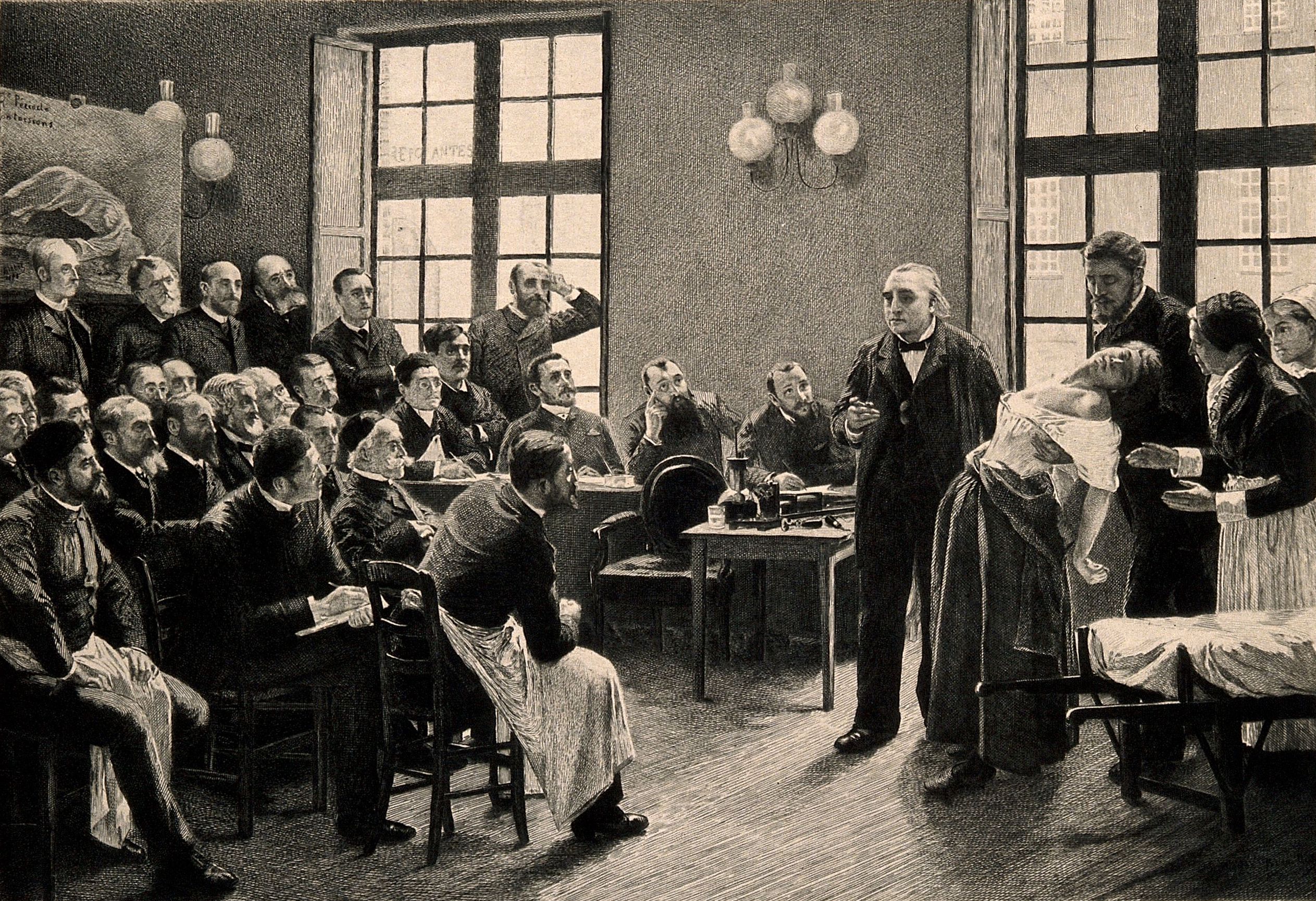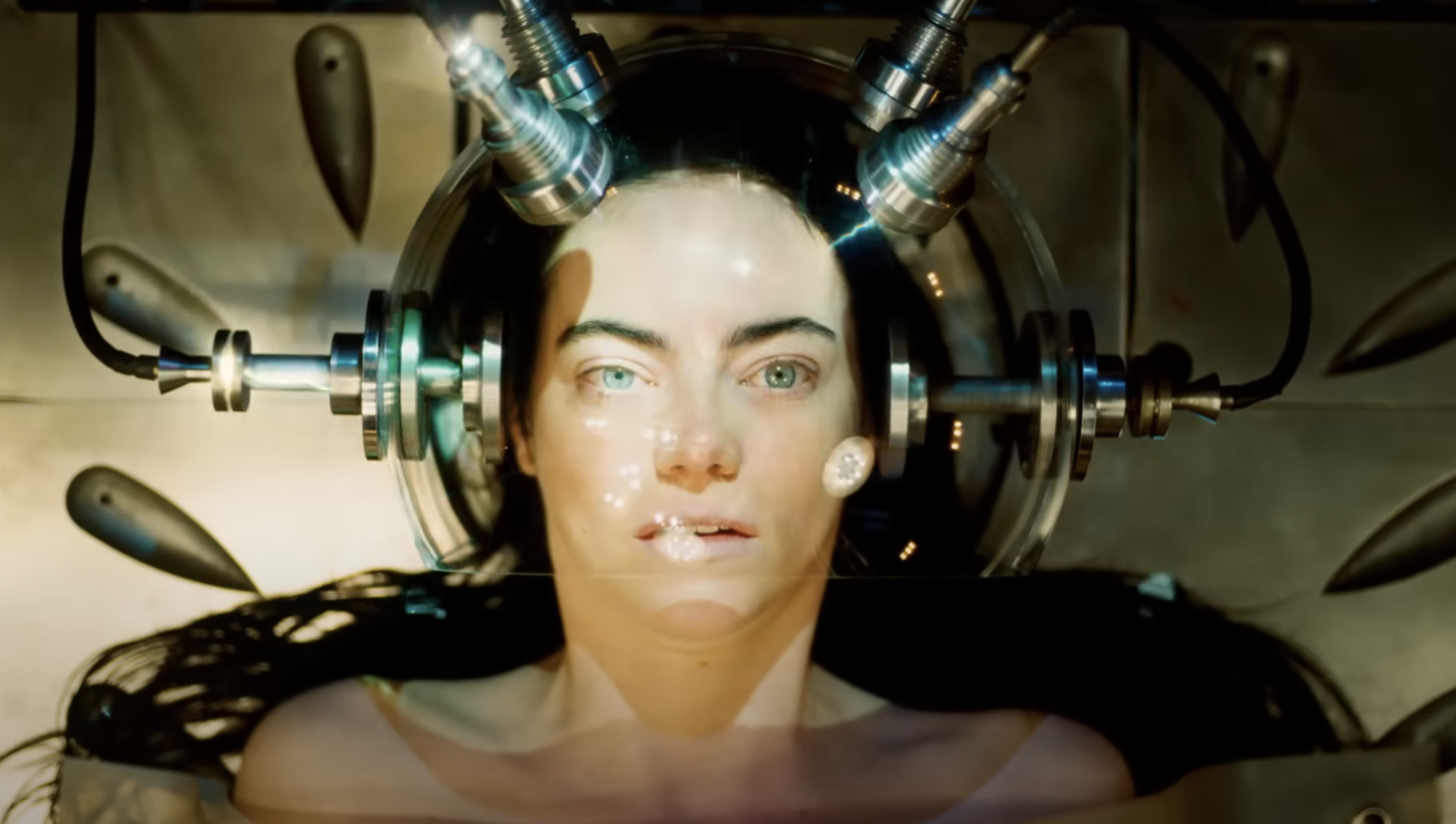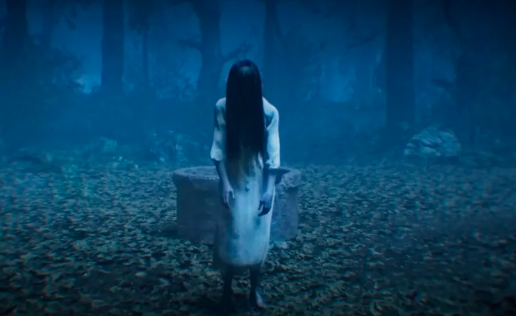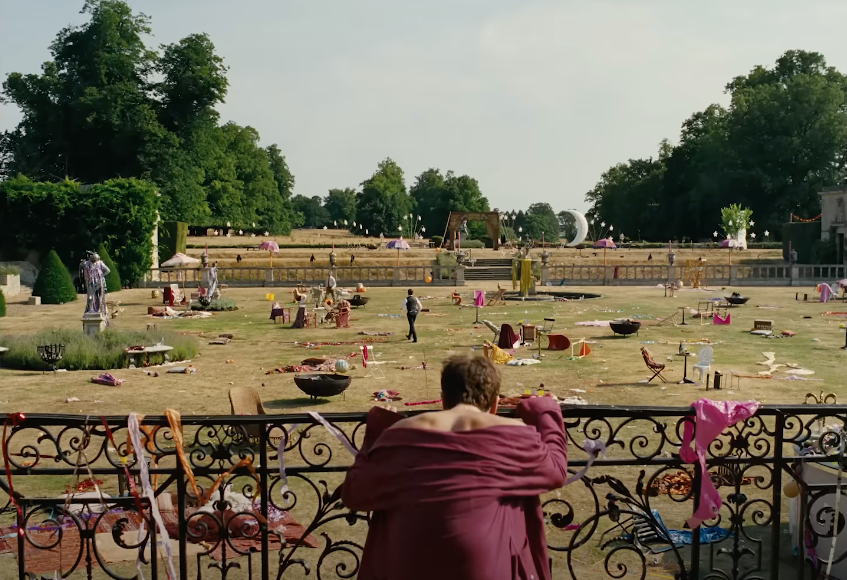essays
I’m Going To Write About All the Things I Love and Forget The Rest
How the philosophies of Anthony Bourdain and Jonathan Gold shifted my writing and my life

The late Anthony Bourdain died in 2018, but his Twitter account is still up and viewable. The way he describes himself in the bio, to his 6.4 million followers?
A single word: Enthusiast.
It’s certainly the way he lived his life, rising from the culinary underbelly of New York City to become a celebrity after the publication of his memoir, Kitchen Confidential, and then using that fame to turn himself into an Emmy Award-winning documentarian and travel journalist.
I quickly shifted my focus to entertainment and storytelling: movies and television, books, journalism, and everything in-between.
I grew up in the Midwest (in Grand Rapids, Michigan, to be exact) watching Bourdain’s programs and after high school attended the University of Michigan. When I first went to college, if someone had asked me what I wanted to do and study, I probably would have said something along the lines of Law or Business, but after I arrived in Ann Arbor and settled in, and as my education started to progress and take hold, I quickly shifted my focus to entertainment and storytelling: movies and television, books, journalism, and everything in-between. It was something I’d always loved, but for many reasons, not the least of which was being a Midwestern kid with no connections to the entertainment business whatsoever, it was also something I’d never seriously considered as a career path before. I began to turn my thoughts that way, though, and as I did, I encountered two issues: the first is that there wasn’t a journalism program at the University of Michigan, and the second was that most of the film classes offered and required focused on the legacy and history of film, which was not the aspect of the business in which I was interested.
So, I came up with a plan.
I switched from my original pre-Law or Business track to double major in English and Film with a sub-concentration in Screenwriting — which ultimately turned into one of the most delightful and important decisions I made in my academic career — and I also began to write movie reviews for the Michigan Daily, which is the fantastic student-run newspaper where most students who are interested in journalism go to work outside of, and in addition to, their class schedule.
When I arrived and first started at the Daily, I was outfitted with a press badge with my photo on it, given access to watch the movies I was assigned to cover at the three different local cinemas, and even invited to participate in junkets for specific films in which the studios wanted to do outreach to college campuses for coverage.
I continued to write reviews throughout college, giving a star rating from one to five stars, discussing what I liked and disliked about each movie, and it was a way for me to work with editors at the paper and hone my skills as a writer, and also to learn about and discuss the merits of films that were being made, distributed, and consumed, as well as engage with the talent that was doing all those things.
After I graduated, and true to where my shifting interests had ultimately landed and led me, I packed everything I owned into my car (in something that was probably similar to a scene out of a movie itself) and drove across the country to Los Angeles. I still knew absolutely nobody in the city or entertainment business, but was fortunate enough to land an opportunity as an intern at a leading film and television production company where I was then quickly promoted to Assistant, Creative Executive, Director of Development, and finally Vice President, before eventually leaving to become a full-time author and screenwriter.
When I would talk to friends, especially friends from home, one of the main things they’d always say to me, knowing my history of writing reviews and then moving to Los Angeles to work in the film business, was something along the lines of, “Oh, you’re probably a movie snob now and hate everything.”
In fact, my reaction was the exact opposite.
I found myself loving most everything I watched after I began to work in the business and saw what went into making movies and telling important stories: the craft, talent, skill, luck, and so many other factors and variables.
What it also did was make me think about the reviews I wrote in college, and especially the negative ones.
I stand by what I felt at the time I watched the movies, but the question I kept asking myself and couldn’t shake was — did I need to write them at all?
Space in a major publication printed and read by all my peers, archived online for the rest of time, and also circulated widely outside of just the University audience comes with a great amount of privilege and responsibility, and the question that consumed me was why didn’t I use that precious space that was read by everyone I knew, as well as so many others, to talk about things I loved, rather than things I didn’t?
Strangely, this idea was also answered and encapsulated by the city of Los Angeles and through food and travel in a way I hadn’t anticipated. As I mentioned at the beginning, I grew up watching the programs of Anthony Bourdain, which were ubiquitous on the East Coast and in the Midwest, and while Bourdain was of course one of the most famous and influential culinary personalities in NYC and the Midwest, in Los Angeles, and on the West Coast, in my new home, I quickly learned that distinction very likely went to Jonathan Gold who also, like Bourdain, passed away in 2018.
Gold didn’t have an international travel program like Bourdain did, as his focus was more local and print-centric, but during the years I’ve lived and ate in Los Angeles I’ve heard numerous stories about the unmistakable Gold popping up at a taco truck here, or an off-the-beaten-path restaurant there, which of course isn’t unusual for the man who wrote the annual list of the city’s 101 best restaurants for the Los Angeles Times.
I’ve found myself more and more thinking about both men and what they left behind and the outsized influence they’ve had on me.
The mystery, however, came when he would be seen at small hole-in-the-wall places but would only write about some of them.
The mystery wasn’t difficult to solve, though, because Jonathan Gold, while being a critic, just like I once had been, was also, like his friend Anthony Bourdain, an enthusiast.
Gold knew the power of his words and stories and so he spent the majority of his time writing about the restaurants he went to that he loved, and in so many cases, was simply silent about the ones he didn’t.
And that, to me, became the important and essential distinction that set him and Bourdain apart from so many others and, to my embarrassment, what set them apart from myself, also.
There’s a tremendous play by Alan Bennett called The History Boys, and in it, the teacher, Hector, originally played by Richard Griffiths, tells one of his students:
“The best moments in reading are when you come across something – a thought, a feeling, a way of looking at things – that you’d thought special, particular to you. And here it is, set down by someone else, a person you’ve never met, maybe even someone long dead. And it’s as if a hand has come out, and taken yours.”
Learning about Gold and his philosophy of writing and criticism was such a moment for me.
It was something I knew I’d intrinsically started to feel, but seeing it both verbalized and put into practice by two titans of their field was transformative.
Gold and Bourdain’s medium was food and travel.
My medium both was and still is something different, and while what’s taken from their lives might be slightly different for everyone — and in fact I hope it is slightly different for everyone — what I’ve learned, personally, and what they’ve both taught me through the great and unparalleled power of their words and food is that we all, too, can be enthusiasts, in whoever it is that we are and whatever it is that we do, just like they were. We can all celebrate the things we love, in every way possible, in every way we know how, and like Gold, simply forget the rest.
It seems easy, right? But is it?
We must allow ourselves the room to change as the world changes.
As we continue into a new and unprecedented year and time of ubiquitous social media, fake news, hot takes, memes, and rampant negativity of all types that’s so easy to create and propagate and retweet and fall for, and so much of which is shielded from any sort of meaningful consequence by the assumed protection of screens, keyboards, distance, disconnection, and in far too many cases anonymity, as well, I’ve found myself more and more thinking about both men and what they left behind and the outsized influence they’ve had on me in regard to my own personal philosophies and way I wish to exist as both an artist and human. And as we all become more connected with each passing moment, we all also have a similar choice to make — the same choice that Gold and Bourdain made and showed us — and as I’ve thought more and more about that choice, and what I perceive to be my own youthful and initial failings, I’ve also found myself thinking perhaps most of all about the last episode of the final season of Bourdain’s Travel Channel show No Reservations, and the words he left us with, as credits rolled, his legacy in his own words:
“If I do have any advice for anybody, any final thought, if I’m an advocate for anything, it’s to move. As far as you can, as much as you can. Across the ocean, or simply across the river. The extent to which you can walk in somebody else’s shoes — or at least eat their food — it’s a plus for everybody.”
And so for the rest of 2023 and beyond, that’s what I’ll perhaps be thinking about and focusing on most of all: how I can continue to move. How I can eat new food, see new places, and meet new people who might not be exactly like I am, even if they’re only just across the river.
Connection. That’s another word for it, right? Or perhaps empathy.
It’s what led to my initial revelation. Could it possibly lead to another, equally as important?
In college, I was a critic, but I don’t see myself that way anymore and looking back, if I had the opportunity to do the same job again, I don’t think I’d take it. In some ways, it seemed like the world could handle it then. I’m not so sure it can anymore. We must allow ourselves the room to change as the world changes, and I’m a writer now, as I’ve said, so I’ll figure out a way to continue writing about all the things I find that I love, and the rest? There’s too much of “the rest” out there now and so at this point in my life, and the world, I’ll simply forget the rest.
Why?
Because I believe in the power of shrinking the world to a village of a single person, ourselves, and so like Gold and Bourdain, I’m going to do that and I’m going to be an enthusiast, too.
Perhaps you’ll join me?








